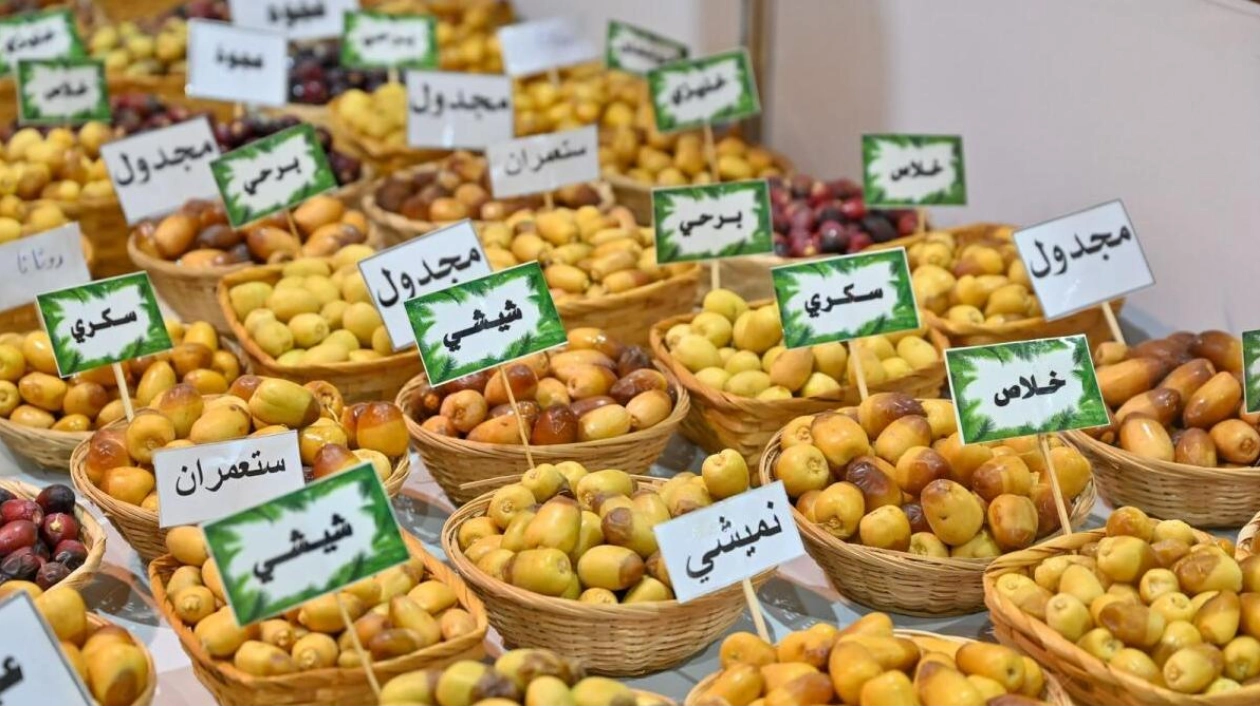Zakat must be paid on dates at harvest time if the dried crop weighs 541kg or more, according to the General Authority for Islamic Affairs, Endowments, and Zakat.
Paying Zakat is a legal obligation, the authority reminded. Zakat is one of the five pillars of Islam and is mandatory for Muslims who meet certain wealth thresholds to donate a portion of their wealth to charity.
Zakat will be collected on all palm fruits owned by an individual, regardless of their purpose—trading or personal consumption—and regardless of whether the land is owned or rented.
Different types of dates will be combined, and Zakat must be paid if the total reaches the specified minimum amount. Since dates vary in price and quality, Zakat will be paid on the average type. If the owner intends to consume the dates or donate them, the weight must be added to the total. However, some scholars argue that Zakat is not obligatory on what the owner consumes, gifts, or donates if it does not exceed one-third of the total.
In the country, most palm trees are irrigated at the landowner's expense, in which case Zakat must be 5%. If the individual irrigates the trees from a free source, Zakat must be 10%.
Zakat must be paid on the dates or their value. Distributing fresh dates is insufficient; however, if selling the dates, Zakat can be paid from the sale value, according to some scholars.
To calculate Zakat and ensure it reaches those who deserve it, individuals can access the Zakat Fund website or the Authority's smart application. Additionally, individuals can contact 8008222 for inquiries about Zakat procedures on dates, or 8002422 for legal inquiries related to Zakat on dates and its rulings.






